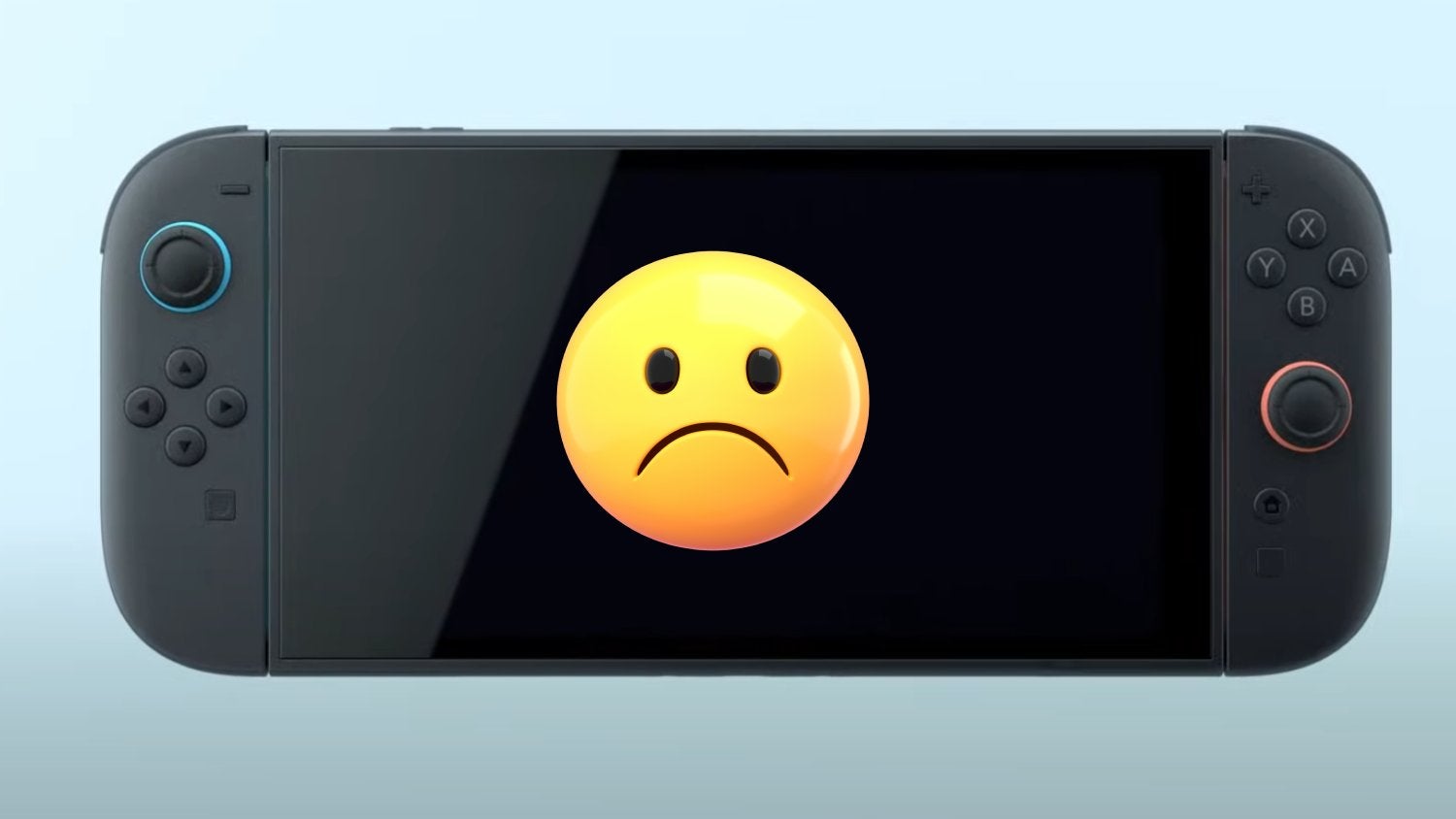For as long as I can remember, Nintendo has done its own thing. This was never more apparent than in 2005, when I started working for Eurogamer and when Nintendo was prepping the announcement of a new console codenamed Revolution. As far as we were concerned, this was going to be a competitor for Microsoft’s Xbox 360 and Sony’s PlayStation 3. Except, it wasn’t. The console, unveiled as the Wii, was something else.
The Wii was the moment Nintendo excused itself from a raw-power console rat race, and focused instead on fun, on being a toy maker. It launched a machine that was comfortably, and confidently, less powerful than rival consoles, but it doubled-down on being different instead. We scratched our heads in bemused delight as legendary game-maker Miyamoto-san demonstrated fitness game Wii Fit on an E3 stage, wobbling around happily on a balance board peripheral, and we held plastic steering wheels in the air to play Mario Kart with friends and flung Wiimotes at our televisions as if they were bowling balls.
I distinctly remember people not giving Wii a chance at the time – remember not giving the Wii a chance at the time – but how wrong we were. It surged to 100 million sales, making it the best selling console of that generation, and reached a mainstream audience beyond the typical circle of people captured by games. Games like Wii Fit sold in the tens of millions and spawned entire fitness franchises. Nintendo hadn’t just created a new console, it had created a whole new way to play.
And no one expected it.
Fast-forward to the Wii U in 2012, and OK, we hit a bump in the road, but still, here was a Nintendo willing to try things – to demonstrate not just new hardware but new I’m still not sure I even understand what it was even though I had one; it was a console with a touch-screen controller, a second screen, presumably envisaged to merge the worlds of DS and Wii together. But it didn’t really work; or rather, there weren’t enough games that proved compellingly how it work, so financially, it was a bit of a flop – prompting the late Nintendo president Iwata-san to take a huge pay cut, which I wish some other companies were doing now.
